Supermassive black hole ‘could hold answers to how the universe began’
Scientists say the discovery challenges current theories
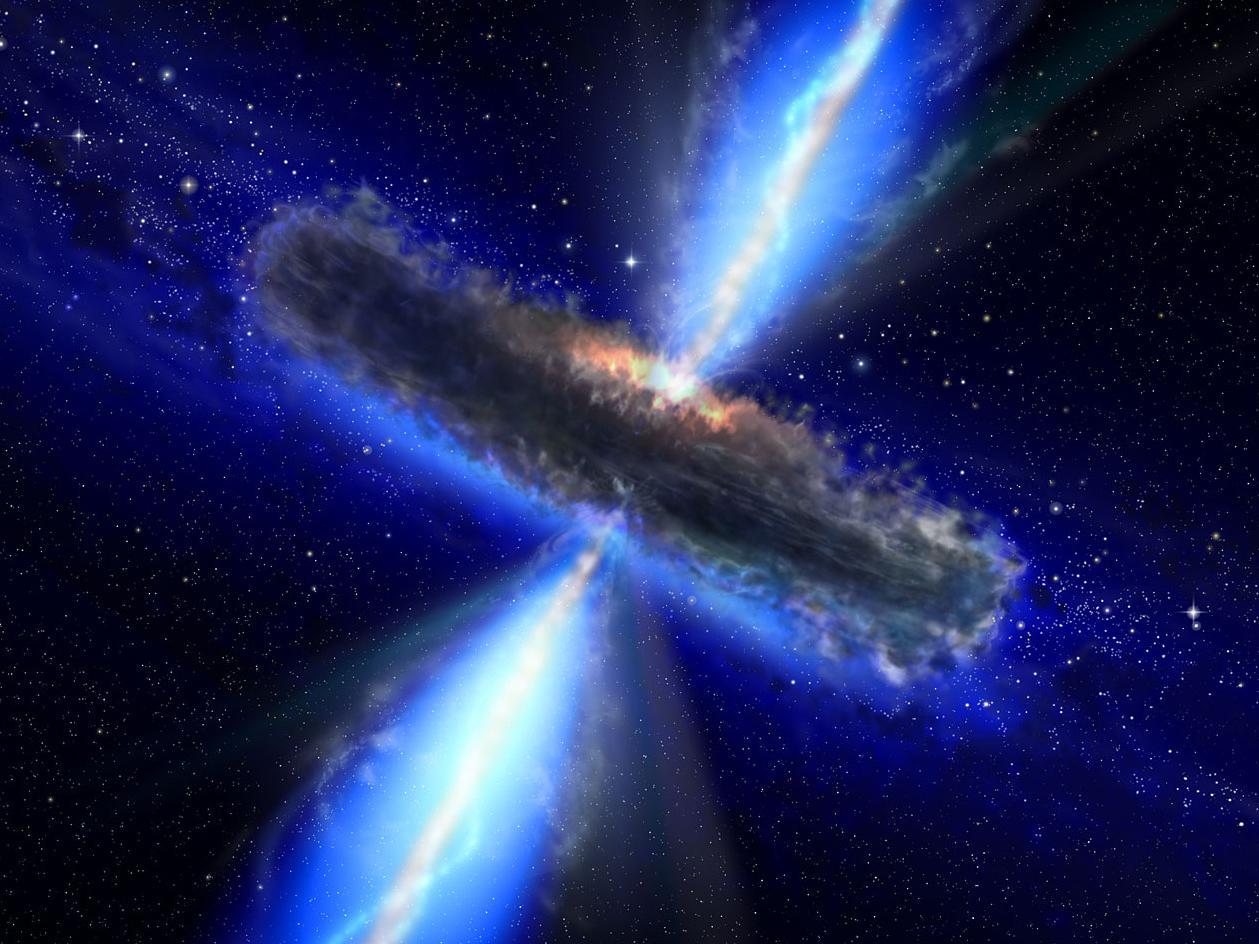
A free daily email with the biggest news stories of the day – and the best features from TheWeek.com
You are now subscribed
Your newsletter sign-up was successful
Astronomers have discovered the most distant supermassive black hole in our universe - and it could change our understanding of how it all began.
The black hole - an area in space-time with immense gravitational effects that can absorb all matter and energy - was formed when the universe was only 5% of its current age, The Independent reports.
Scientists says our current understanding suggests that for a black hole of this magnitude to exist at such an early stage in the universe is theoretically impossible, the website reports.
The Week
Escape your echo chamber. Get the facts behind the news, plus analysis from multiple perspectives.

Sign up for The Week's Free Newsletters
From our morning news briefing to a weekly Good News Newsletter, get the best of The Week delivered directly to your inbox.
From our morning news briefing to a weekly Good News Newsletter, get the best of The Week delivered directly to your inbox.
What makes the discovery so significant, says Engadget, is that the matter surrounding the supermassive black hole formed “just hundreds of millions of years after the Big Bang”.
The researcher who led the team that made the discovery, Eduardo Banados, of the Carnegie Institute for Science, in Washington DC, told the website: “Gathering all this mass in fewer than 690 million years is an enormous challenge for theories of supermassive black hole growth.”
It also means that astronomers are observing an area of space-time that formed before stars or galaxies were born, the website says - a time we know very little about.
Although the universe is home to billions of planets and stars, scientists believe only 20 to 100 supermassive black holes exists, according to The Verge.
A free daily email with the biggest news stories of the day – and the best features from TheWeek.com
This can make the search for them “long and tedious”, the site says, but the hunt could lead to more answers about how the universe was formed.
-
 The Olympic timekeepers keeping the Games on track
The Olympic timekeepers keeping the Games on trackUnder the Radar Swiss watchmaking giant Omega has been at the finish line of every Olympic Games for nearly 100 years
-
 Will increasing tensions with Iran boil over into war?
Will increasing tensions with Iran boil over into war?Today’s Big Question President Donald Trump has recently been threatening the country
-
 Corruption: The spy sheikh and the president
Corruption: The spy sheikh and the presidentFeature Trump is at the center of another scandal
-
 Data centers could soon be orbiting in space
Data centers could soon be orbiting in spaceUnder the radar The AI revolution is going cosmic
-
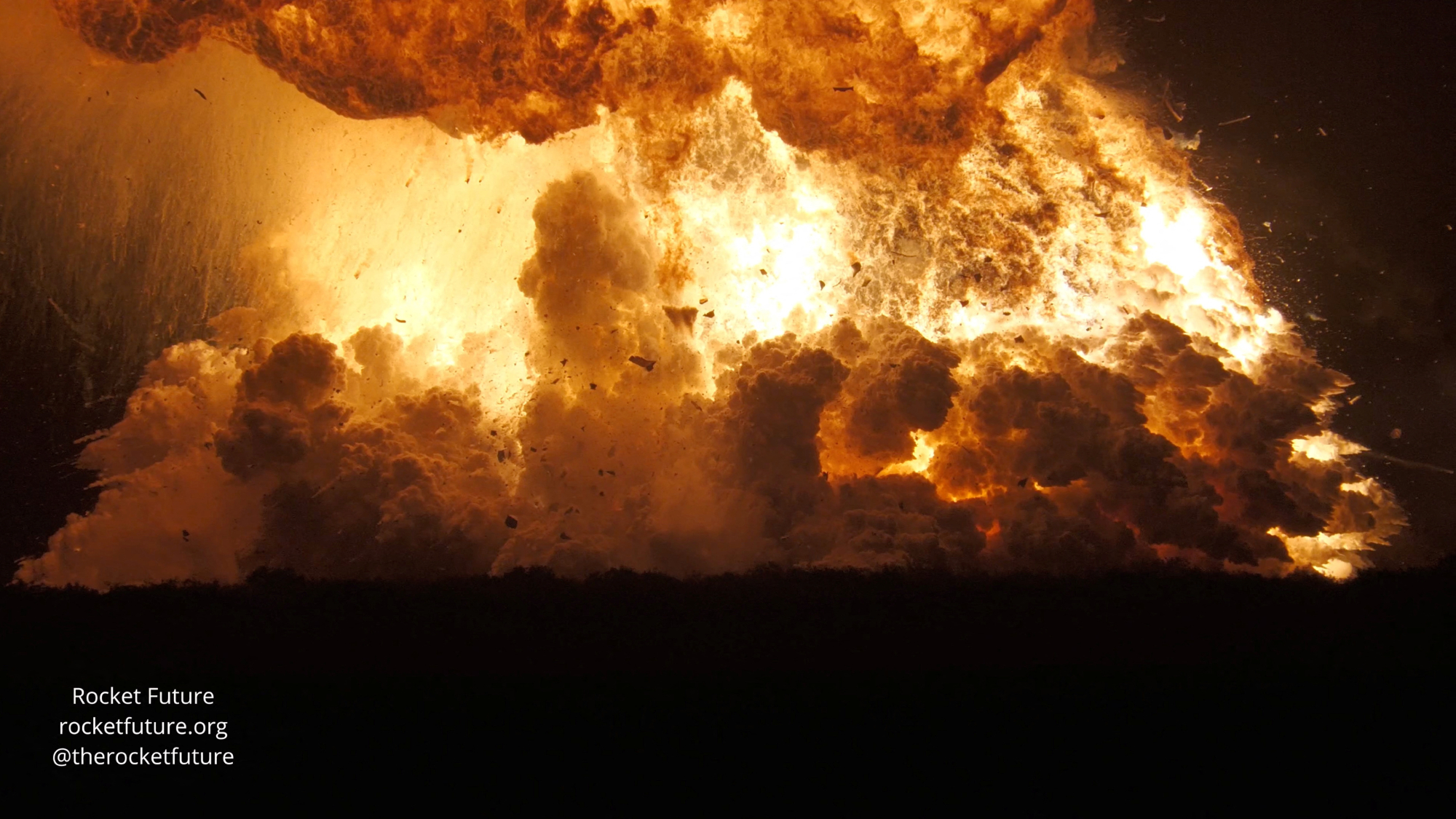 Another Starship blast sets back Musk's Mars hopes
Another Starship blast sets back Musk's Mars hopesSpeed Read Nobody was killed in the explosion, which occurred in south Texas
-
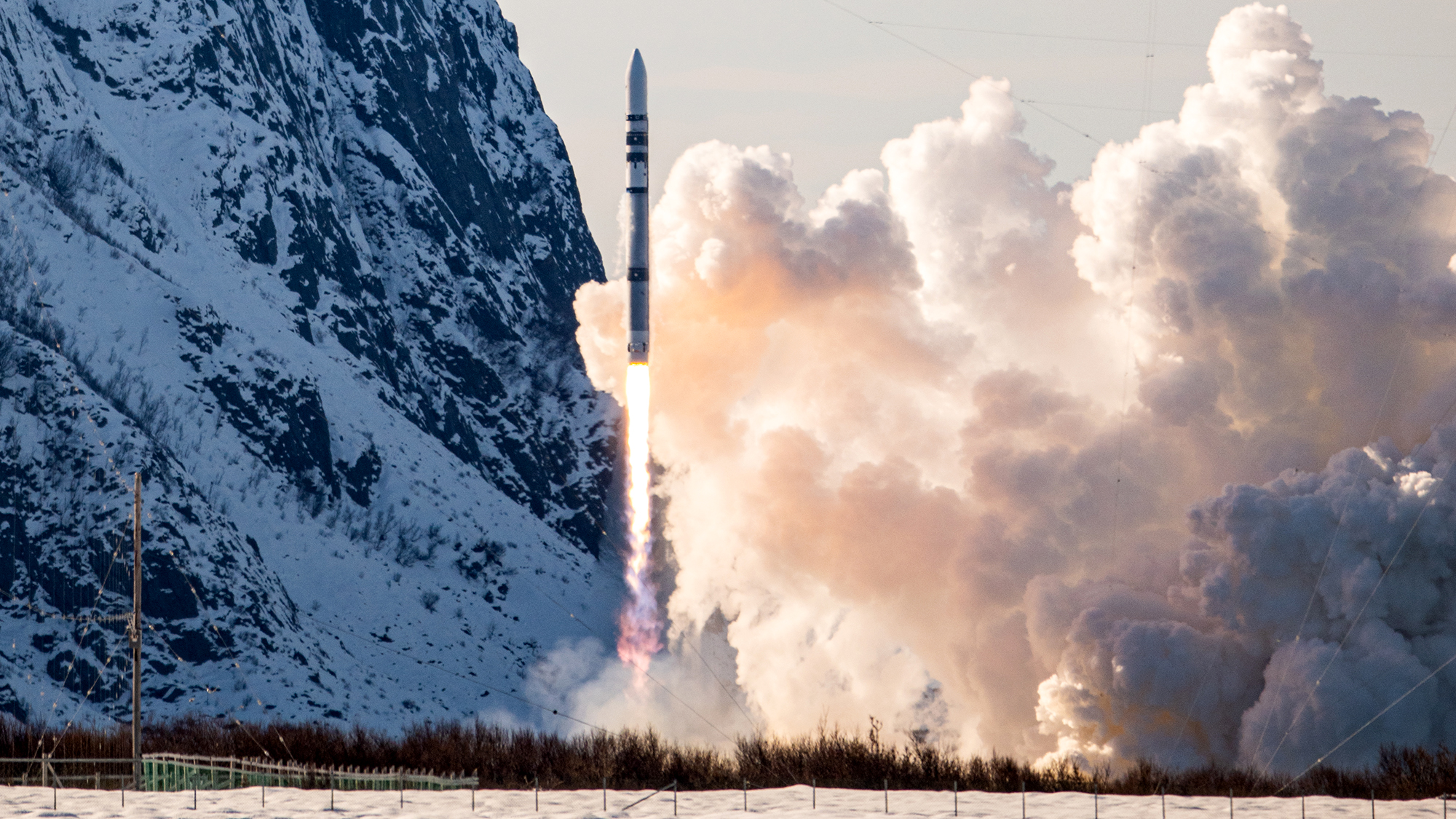 Test flight of orbital rocket from Europe explodes
Test flight of orbital rocket from Europe explodesSpeed Read Isar Aerospace conducted the first test flight of the Spectrum orbital rocket, which crashed after takeoff
-
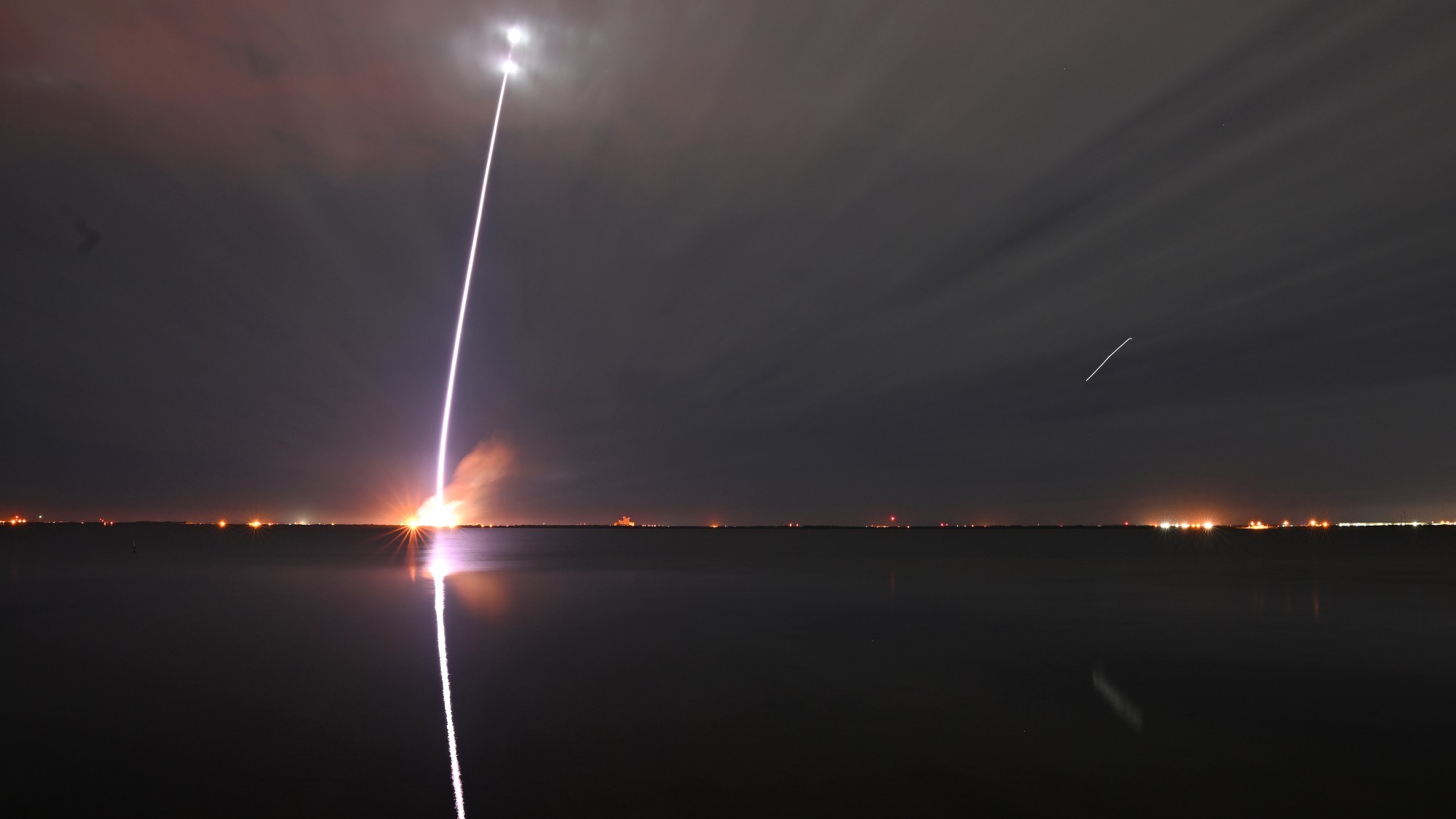 Jeff Bezos, Elon Musk and the billionaire space race
Jeff Bezos, Elon Musk and the billionaire space raceThe Explainer Tesla CEO and Amazon founder vie for dominance of satellite launch market and could influence Nasa plans to return to Moon
-
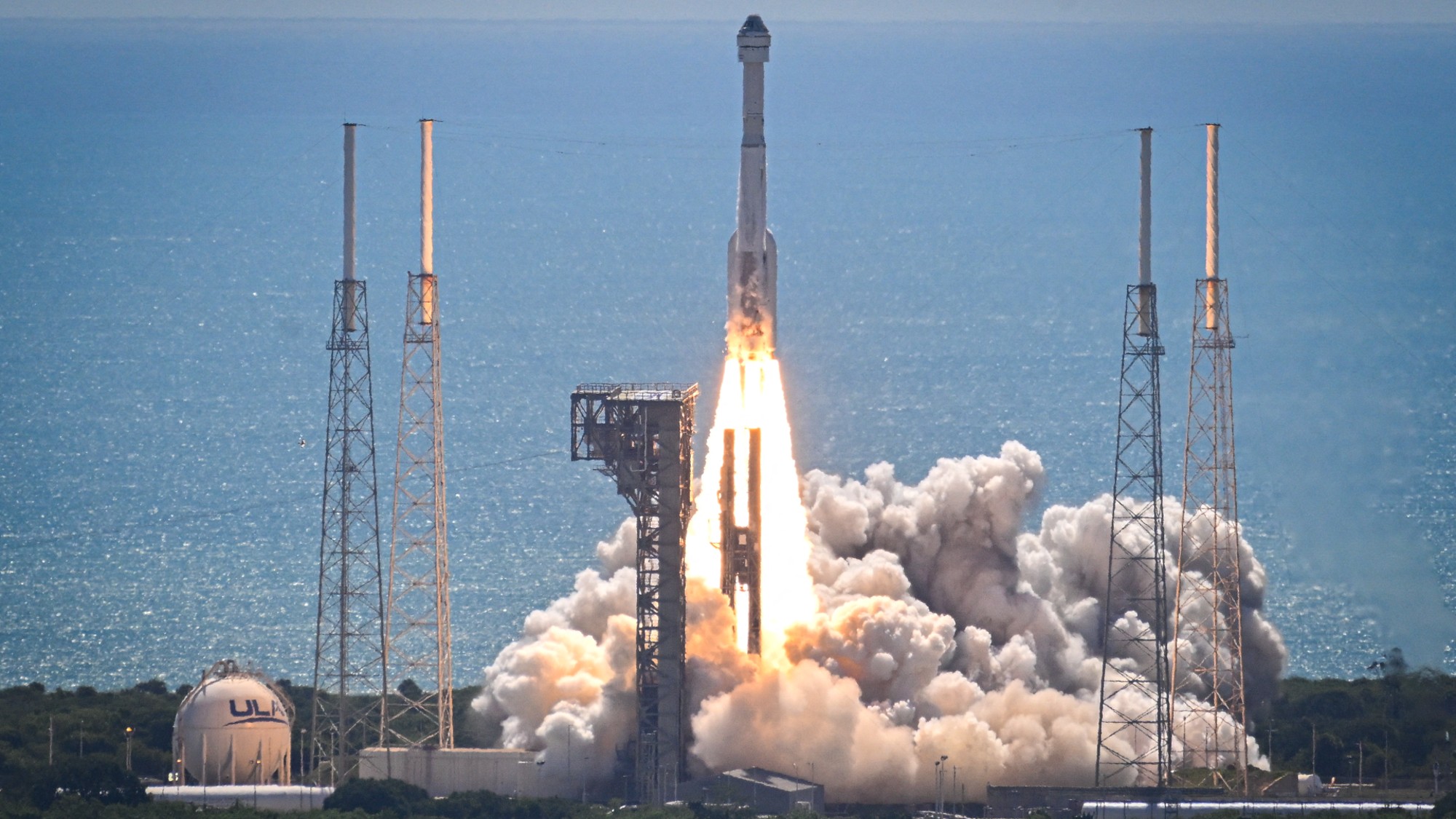 Starliner: What went wrong?
Starliner: What went wrong?Today's Big Question Boeing spacecraft has had a 'long, difficult road'
-
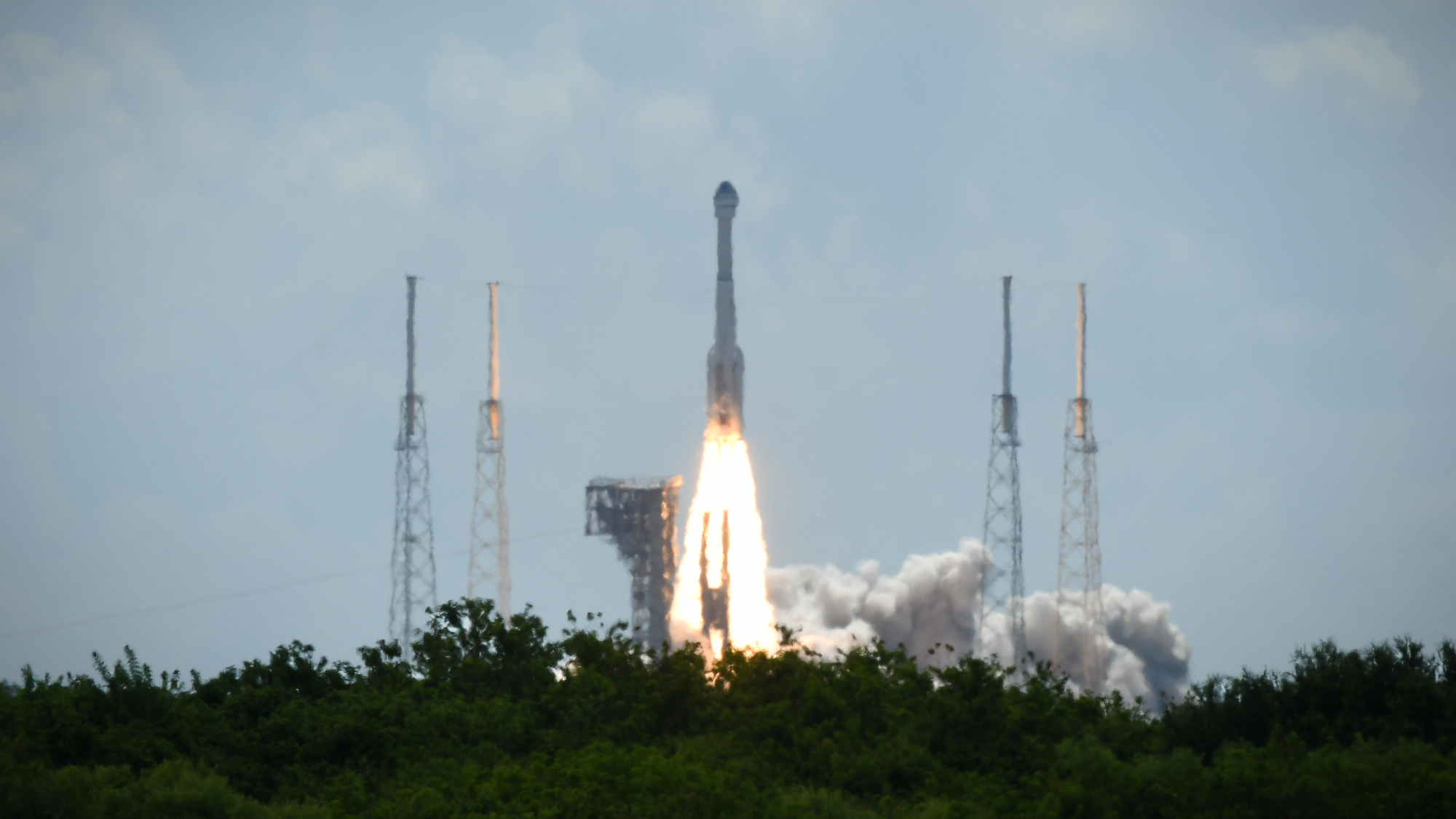 Boeing, SpaceX successfully test key rockets
Boeing, SpaceX successfully test key rocketsSpeed Read Boeing’s Starliner docked at the ISS and SpaceX completed its fourth test launch of its Starship spacecraft
-
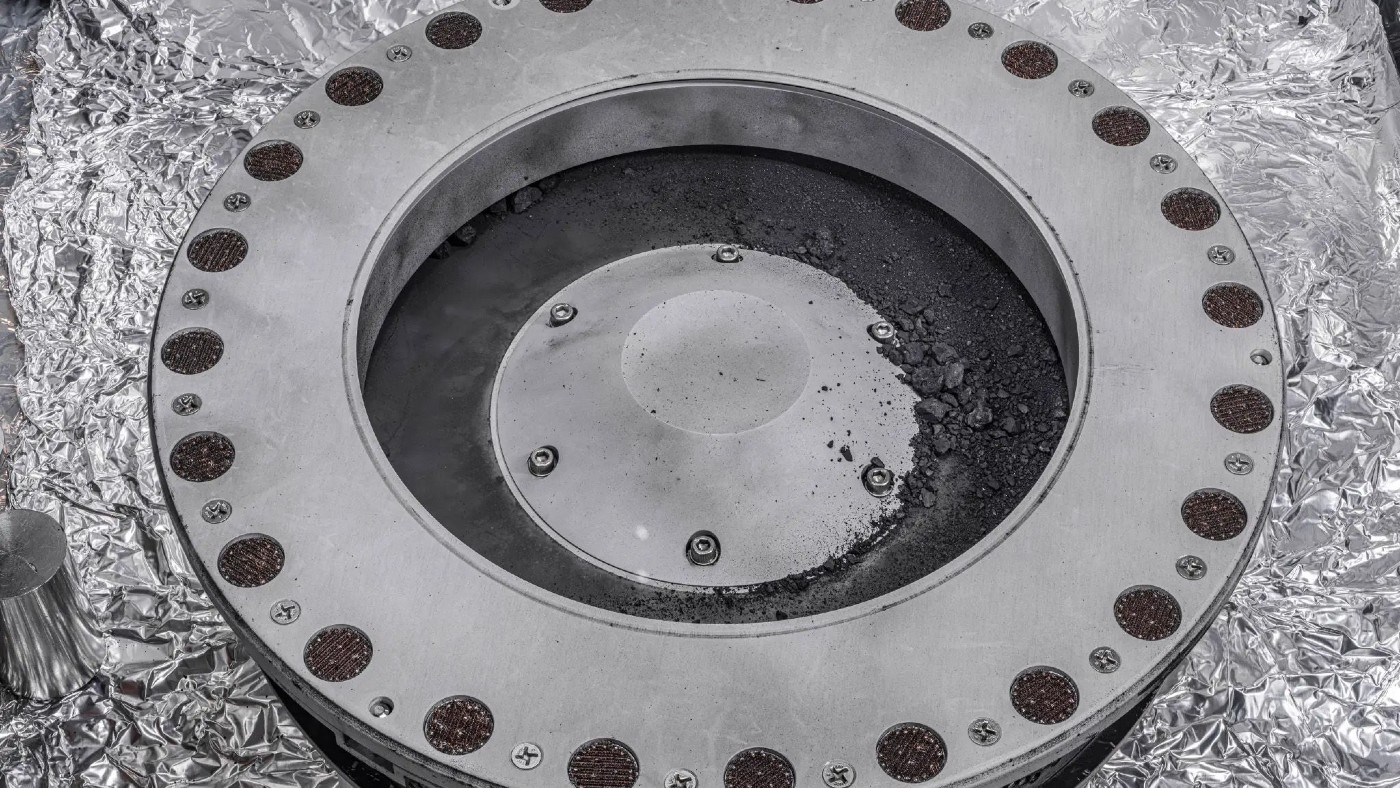 Nasa reveals first findings from asteroid that could explain origins of life
Nasa reveals first findings from asteroid that could explain origins of lifeSpeed Read Sample from Bennu has been found to contain an abundance of water and carbon
-
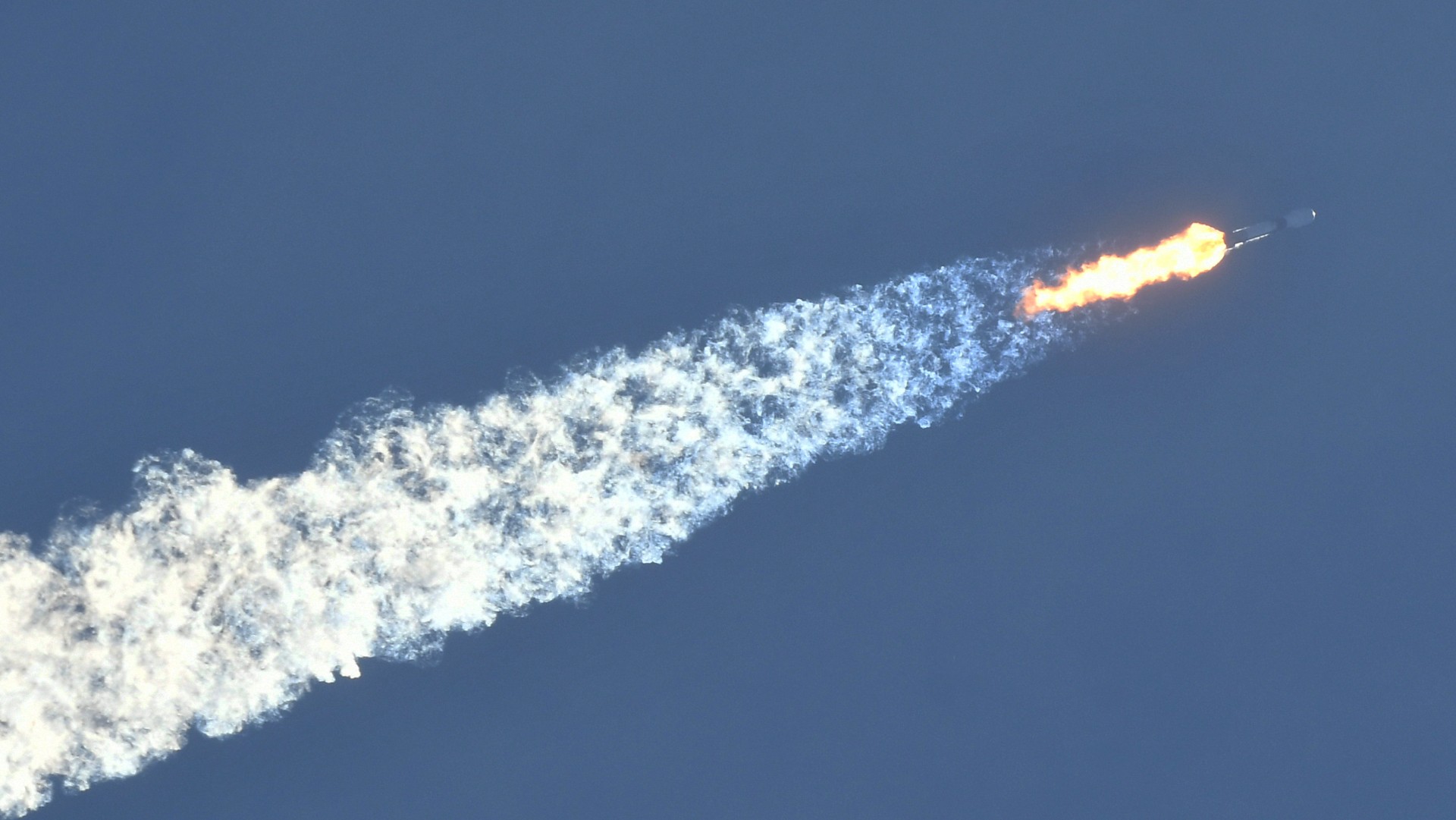 How worried we should be about space debris
How worried we should be about space debrisfeature As part of a rocket washes up in Australia scientists warn ‘critical mass’ of orbital junk could only be decades away